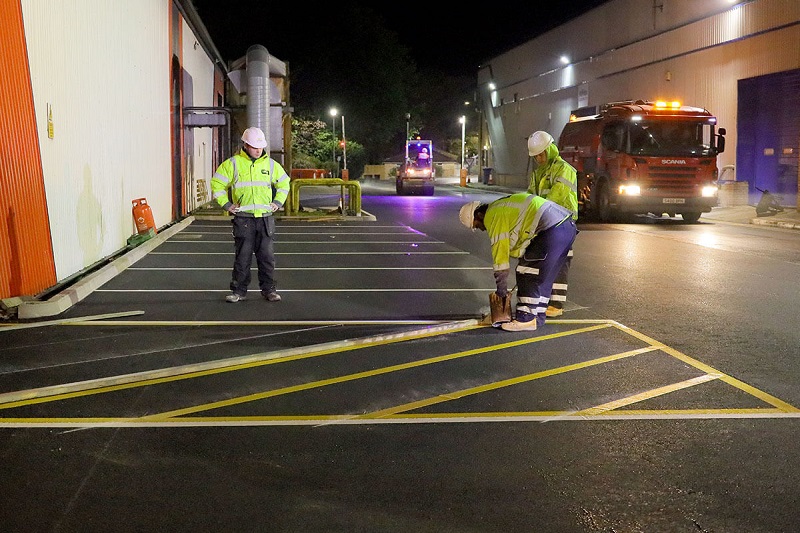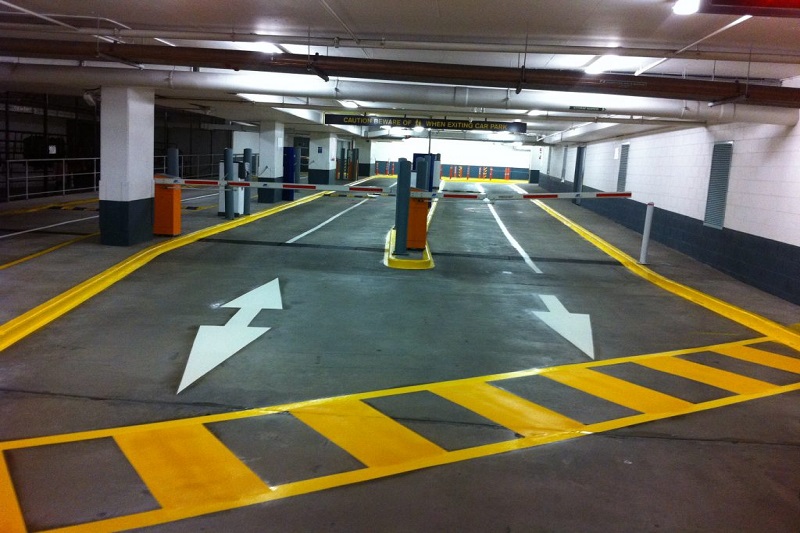Have you ever wondered how your favourite road trip playlist evolved from record scratching phonographs to sleek, wireless stereo systems? Or how we transitioned from static-filled radio signals to crystal-clear Bluetooth connectivity? As the hum of your car's engine syncs with your favourite tunes, it's worth exploring the evolution of car audio systems.
This journey, filled with technology's constant strides towards convenience and quality, underscores the interplay between science, culture, and ingenuity. Set yourself comfortably and buckle in as we set off on a fascinating excursion into the world of car audio systems!
This article aims to delve into the past and navigate through each transformative period of automobile acoustics, pioneering personalities who brought exemplary changes, and the shifting trends that modelled today's dynamic car audio landscape. Let's traverse through time, technicalities, and technology behind car audio systems, lending a more profound appreciation and insight into what you hear on your drive.
The Humble Beginnings: Where It All Started
The saga of car audio systems traces back to the 1930’s when motoring enthusiasts enjoyed the first in-car radio, Galvin Manufacturing Corporation's 'Motorola' radio. Despite its intimidating price tag and challenging installation, it became desirable for its novelty, setting the stage for the next milestone - push-button tuning. The 1950’s welcomed Chrysler’s Highway Hi-Fi, allowing drivers to enjoy vinyl records while driving despite the hurdle of skipping due to bumpy roads.
The Era of Diversity: Open-Reel Tapes, Eight-Track Tapes, and Cassettes
As car audio systems advanced in the 1960’s, Ford introduced an eight-track player, the Méliès-Mignon, creating a new era of diversity in car audio systems. Eight-track cartridges, despite their shorter lifespan, brought about the concept of personalising your musical journey. Philips launched Compact Cassette during the same era, while offering flexibility, convenience, and more prolonged shelf-life than eight-track tapes.
The CD Revolution and Emergence of FM Radio
With the advent of the 1980’s, Compact Discs (CDs) set foot on the audio scene bringing unrivalled sound quality and enduring popularity. Mercedes Benz was the first to address the double-DIN size consent and integrate CD system in their cars. As FM radio rocketed into popularity, AM/FM radios became a standard installation in vehicles.
Breakthrough Trend: The Rise of Digital Audio
The late 1990’s accelerated shifts towards digital car audio systems. Digital Audio Broadcasting offered an array of radio stations, ushering in a new era where listeners had control over their content. This era also witnessed MP3 and WMA formatted audio files playing directly through car audio devices, encouraging a wave of factory-installed in-dash CD players with MP3 playback capabilities.
Bluetooth and beyond: The Age of Connectivity
In the 21st century, connectivity technologies like Bluetooth and Wi-Fi became a crucial part of car audio systems, completely changing the way drivers interacted with their cars and music. The extensive usage of mobile devices and streaming platforms gave rise to Apple CarPlay and Android Auto, creating the current car audio environment that prioritizes wireless, hands-free operations. The future of car audio systems is promising, with technologies like voice assistants and AI-based audio enhancements gaining traction. Digital Sound Processors are expected to provide a 360-degree sound experience.
Conclusion
Tracing the evolution of car audio is akin to embarking on an enlightening expedition through the annals of technological advancements, reflecting how far we've travelled from mechanical radios to sophisticated digital systems. This article dove deep into the technical transitions, the cultural shifts, and the insatiable human craving for better experiences, which have all moulded the car audio landscape we know today.
As we continue to architect the future of audio technology within vehicles, the journey seems anything but over; in fact, it might just be the start of an even more exciting era. The prospect of seamless connectivity, bespoke audio experiences, and AI-enhanced functionalities, paints a bright future for car audio systems.





.jpg)


.jpg)







